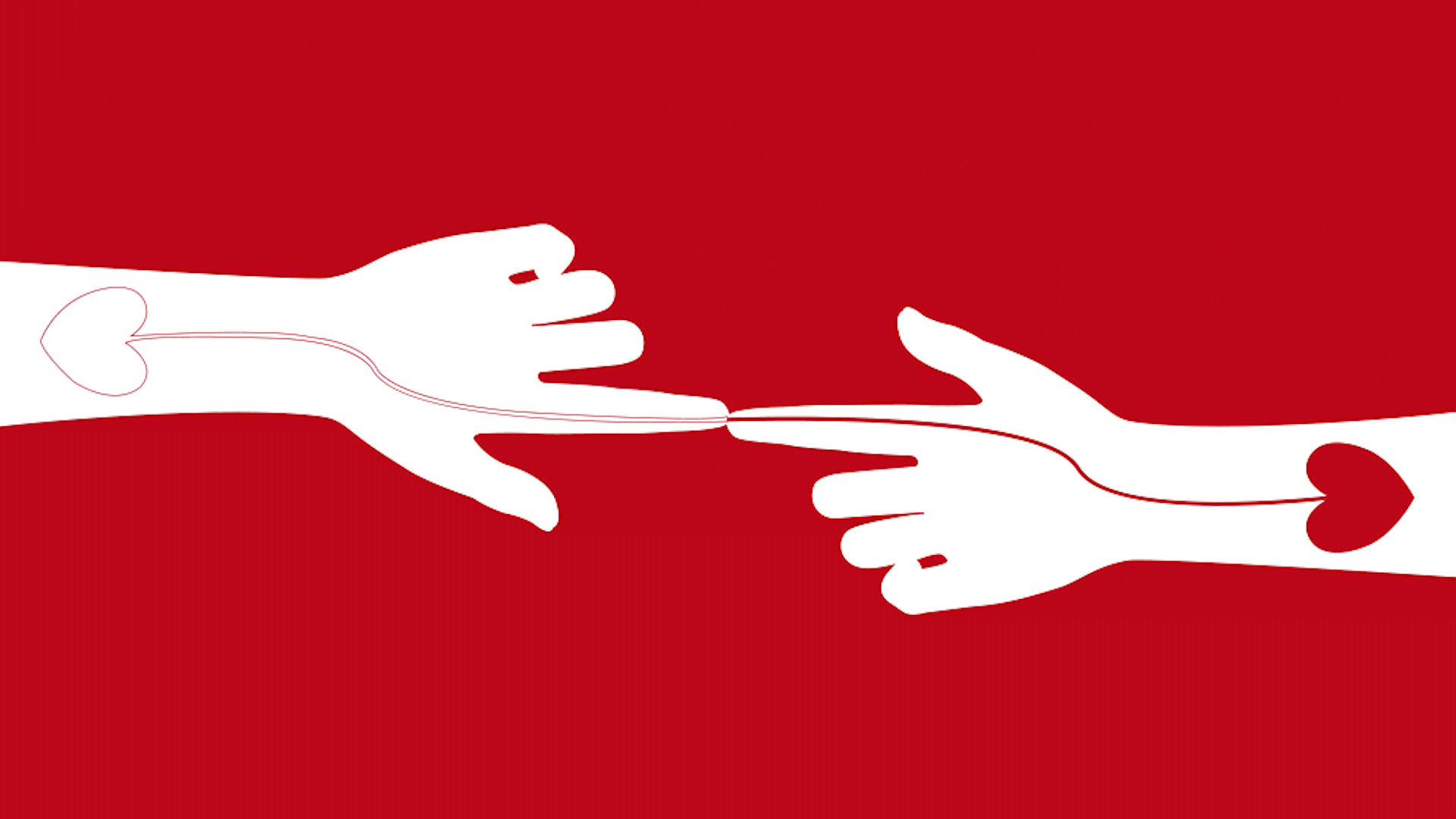
A group of the American researchers including those who are based in Boston (Brigham and Women’s Hospital and Harvard Medical School), Professor of Medicine Vadim Gladyshev and biologists Anastasia Shindyapina and Bohan Zhang, found that “young blood” can extend the lifespan of old organisms.
It sounds like another Grimm brothers’ fairy tale or a horror story about Vlad Dracula. However, a recent study showed evidence that rejuvenation through the Heterochronic parabiosis procedure is effective and safe, at least on animals.
Heterochronic parabiosis (HPB) is a specific technique, during which young and old organisms’ circulatory systems surgically join each other. This practice can slow aging processes in older mice and increase their lifespan by up to 10%.
We will explain how HPB works and why it may be beneficial for human longevity.
The history of HPB began in the middle of the 20th century. However, research in this field was abandoned for a few decades due to a lack of scientific evidence of HPB’s medical effectiveness and feasibility.
However, significant technological breakthroughs happened in the 2000s in biology and genetics, allowing scientists to get back to studying parabiosis in much more detail, which provoked a series of new experiments and successfully resurrected the interest of researchers in using HPB to “treat” the aging process.
In a recent study, biologists from Massachusetts showed new promising data about how exactly HPB affects mouse organisms and confirmed that this technique could help find certain ways for human rejuvenation.
Scientists conducted an experiment with a group of young and old laboratory mice. In the described case, there are four-month and two-year-old animals whose circulatory systems were surgically connected. During this period, scientists observed that HPB reduced the epigenetic age of blood and tissues in old mice, increased their longevity by up to 10%, and made them more active and animated. The effect of the operation persisted in old mice two months after the detachment.
The conducted experiment allowed scientists to assume that “young blood” contains numerous compounds and molecules responsible for vitality, and they can be isolated and transformed into medicine to increase human longevity and rejuvenate our bodies.
Scientists involved in research noticed that HPB is not applicable to the human organism, not only because it is illegal and unethical but also due to the complicated biochemical nature of Homo sapiens. However, it has a significant potential when it comes to treating age-related ailments.
An authentic article of our partner, Henome.com, a media project about human genome.